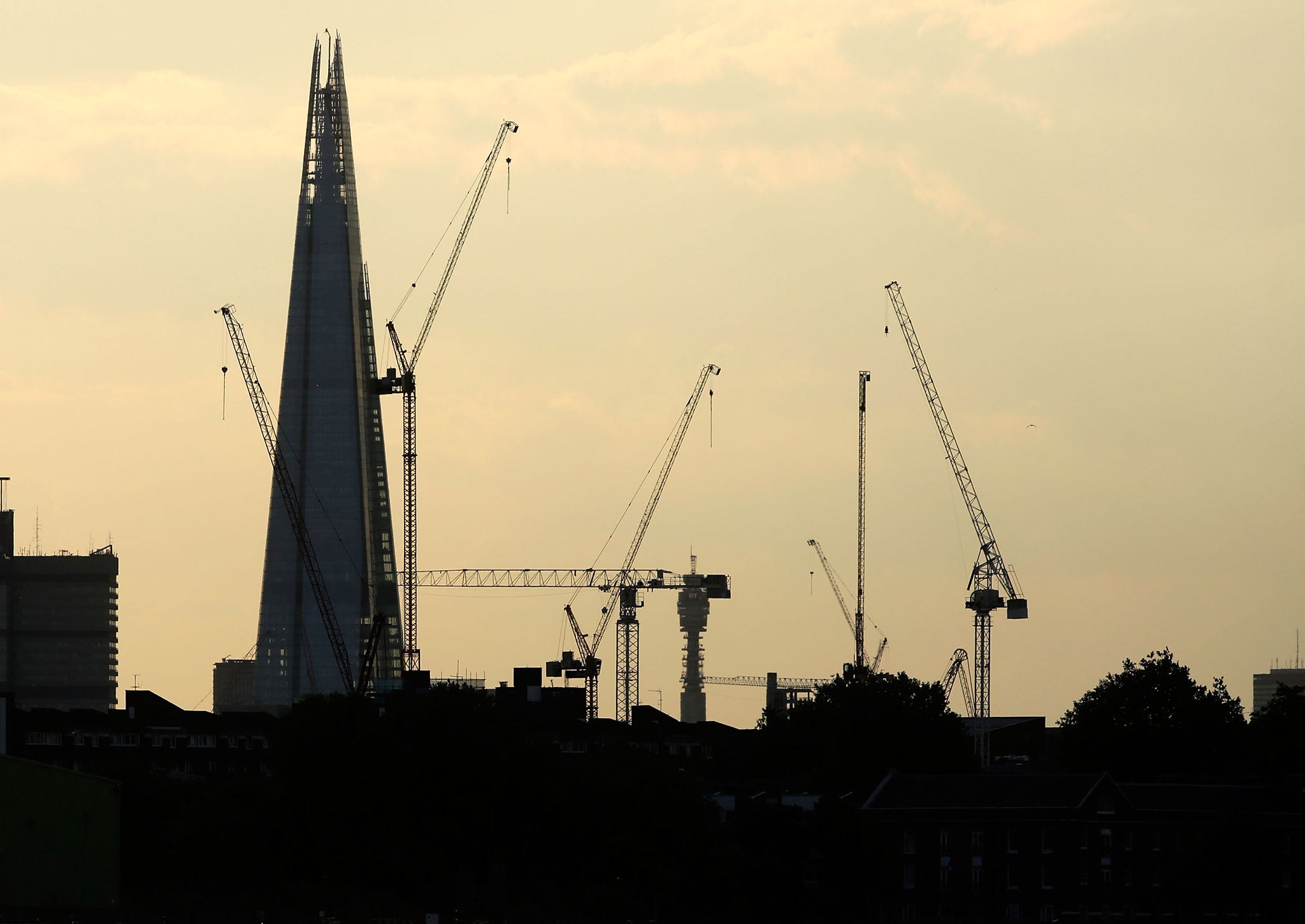We don’t need shops. We do need homes. Let’s swap one for the other
The latest figures on the make-up of our high streets demand a radical response


The other day, I walked through my local shopping centre. I live in Kingston-upon-Thames, on the south-west fringe of London. Kingston frequently ranks among the UK’s major retail destinations - not the out-of-town shopping malls but the traditional in-town high streets.
To say it was a grim experience is an understatement. Once I left the main area, including a bustling Bentall Centre, the Bentalls and John Lewis department stores and a spruced-up market, and headed into the side streets there were boarded up shops, temporary discount stores, and charity outlets. The busiest places were the numerous coffee shops and takeaways. The tattoo parlour was also doing brisk business. As were the gyms, where steady streams of people clutching kit bags were arriving and departing.
Kingston is supposed to be at the top of the tree, a town in which any retailer with national ambition must have a branch. Yet reading the findings of a study of 2,000 shopping locations from Experian around Britain, I realise it’s the same as all the rest, albeit perhaps, on an even bigger scale.
Everywhere the high street is changing rapidly. Out are video stores (down 98 per cent) and film development shops (down 70 per cent), followed by womenswear and travel agents. In, are convenience stores (up 183 per cent), tattoo parlours (up 173 per cent), followed by gyms and takeaways. Betting shops, too, are continuing to multiply.
But that does not tell the whole story. In, as well, are boarded up shops. Another piece of research, also this week, from PwC and the Local date Company, into 500 town centres, found that the number of shop openings has fallen from 3,157 to 2,597, giving a “net” loss of 406 shops over the six months to June. This compares with a net loss of 371 for the whole of 2013.
Those figures were compiled before Phones 4U with 700 branches, and La Stenza, with 55 shops, went under. It’s that net loss figure, however, that should give pause for thought. We’ve been through High Street downturns before; they’re part and parcel of the economic cycle; but the shopkeepers always bounce back.
The government is aware of the problem. No one likes to see shuttered up streets. It’s as if the very soul of the town or city is being ripped out. What’s worrying is that this is precisely the point in the cycle, at the beginning of the upturn, when new retailers should be forming, when shops should be opening, not shutting. And that suggests the shift to online and towards out-of-town shopping centres is far from temporary but permanent: our High Streets are changing forever.
In desperation – and to be seen to be doing something – they even turned to Mary Portas, the well-known retail consultant. What she came up with was commendable enough. Increasing affordable parking, providing greater access for cars, making shopping areas warmer and friendlier, “town teams” to develop retail businesses, relaxing licensing rules so people could set up more market stalls, a “national market day” to promote indoor and outdoor markets – these were her main proposals.
She also suggested tinkering with the business rates system. I would go further and abolish it completely. This ludicrously convoluted tax is clearly no longer fit for purpose and should be scrapped. It’s complicated, deters retailers from expanding, and councils have little say in how the money is spent (on improving town and city centres, for example).
Business rates accounts for around 5 per cent of the UK’s entire taxable income, but the government and councils should ask themselves: what is more important, 5 per cent or the heartbeat of our towns and cities?
At this week’s Liberal Democrats conference, Danielle Wilder, commercial director of cosmetics retailer Crabtree & Evelyn, said many shops found the system so tough they had trouble making even a slight profit. Business rates were so high in many parts of the country that they had forced many retailers out of business and now only the biggest chains were left on the high street, she said.
Wilder said that in Kingston, the Crabtree & Evelyn store paid out a whopping 23 per cent of its turnover on rates alone. “It makes retailing in this country in key towns and cities really difficult to become profitable.” Not surprisingly, she said, many retailers were turning away from the High Street, with its business rates, and staffing and security issues, to the cheaper, more efficient, modern way of operating – going online.
In the end, though, will the ending of business rates, together with the Portas measures and other ideas aimed at sprucing up town and city centres be enough? I fear not. It may be that councils should bite the bullet and accept this transformation is here to stay, is not cyclical, and that a more radical solution particularly aimed at the secondary retailing streets, the ones away from the main High Street, is required.
In short, we no longer need so much retail space. We’ve altered our shopping habits. We don’t require any more so many shops in our town and city centres.
Instead of trying to encourage retail start-ups, which may prove to have only short lives, we should stand back from our town and city centres, and ask: how much of this retail capacity will we ever really require again?
While demand for shops has been declining, so too has the pressure on housing been climbing. Those empty shops in the side streets should be given over to residential use. Two problems would be solved at once: we would have a more realistic approach to future retail requirements; and people, at last, would have somewhere to live.
Join our commenting forum
Join thought-provoking conversations, follow other Independent readers and see their replies
Comments
Bookmark popover
Removed from bookmarks